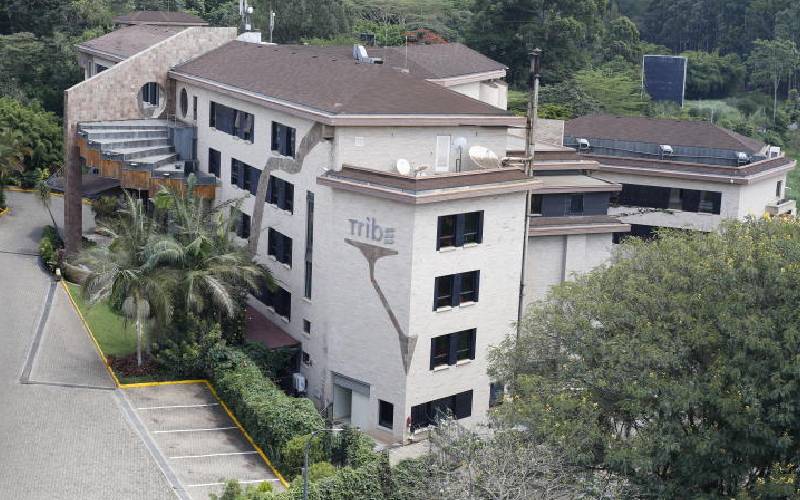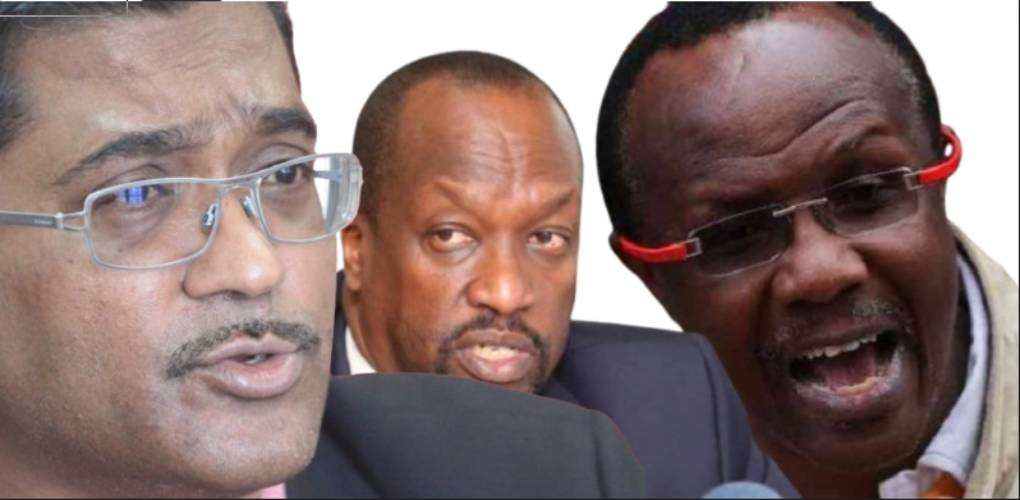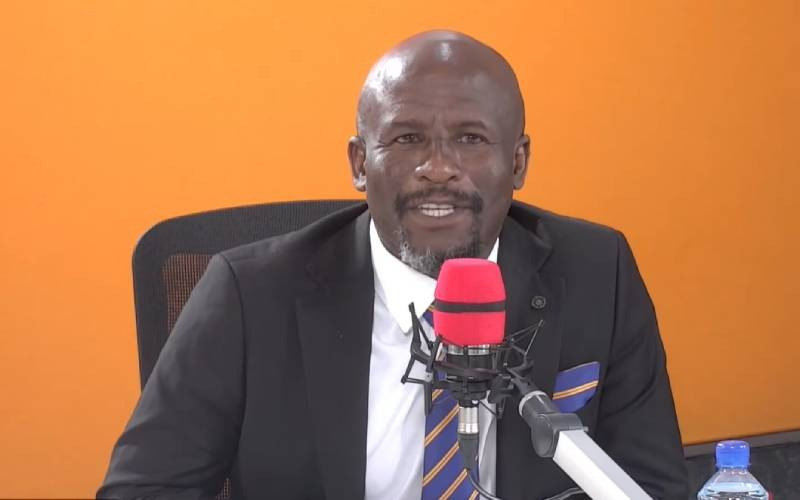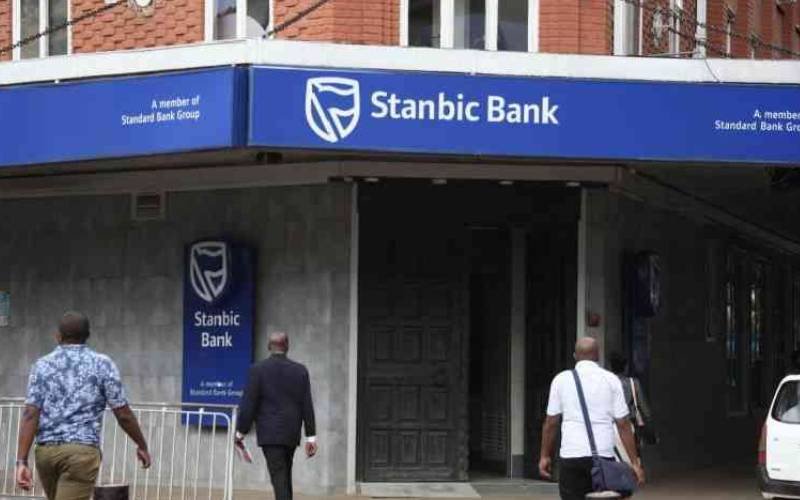×
The Standard e-Paper
Stay Informed, Even Offline

The Tribe Hotel at Village Market in Nairobi. [Wilberforce Okwiri,Standard]
The Covid-19 pandemic has hit the hospitality and food industry with unprecedented wrath, forcing many investors to abandon ship.







